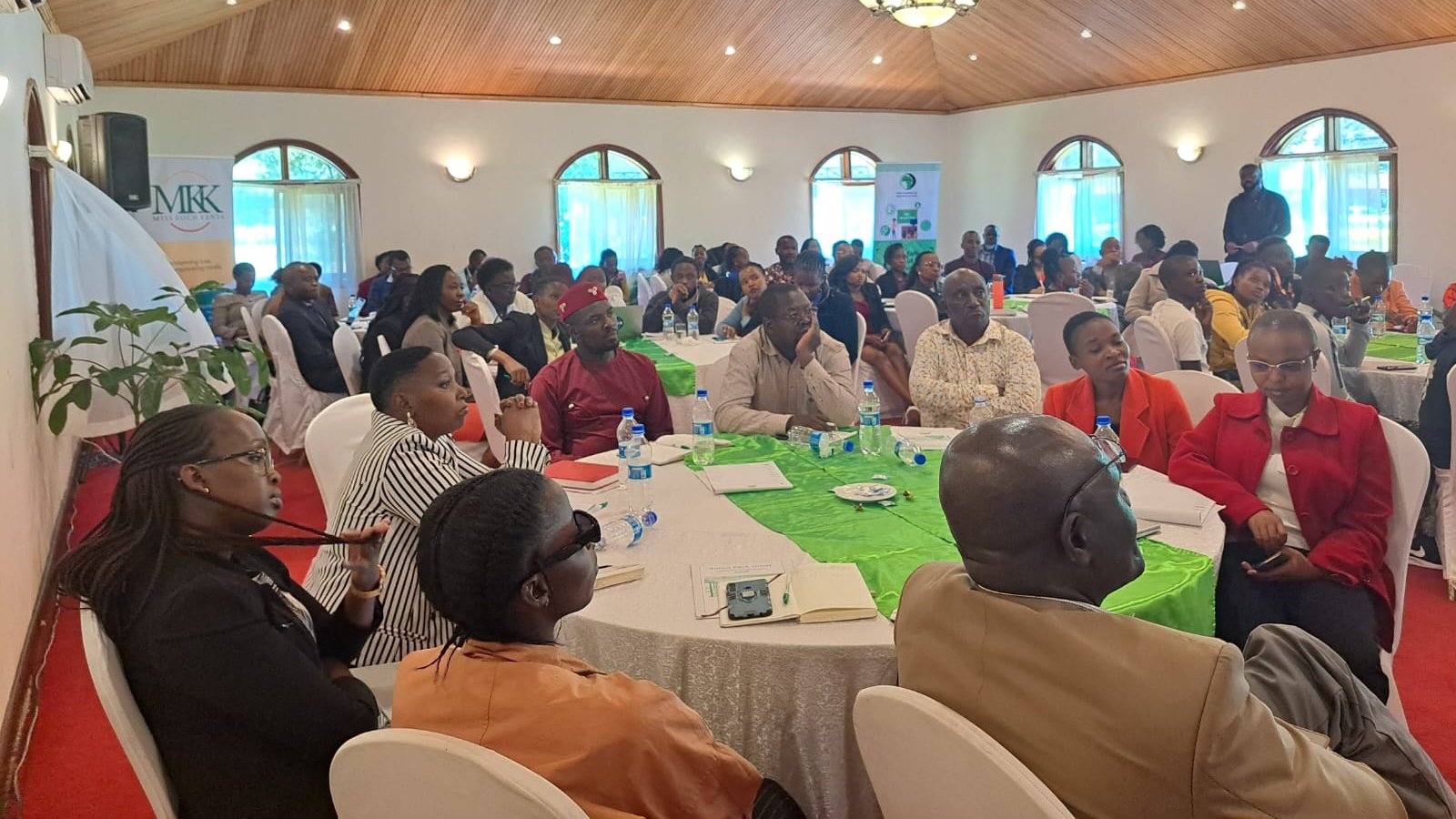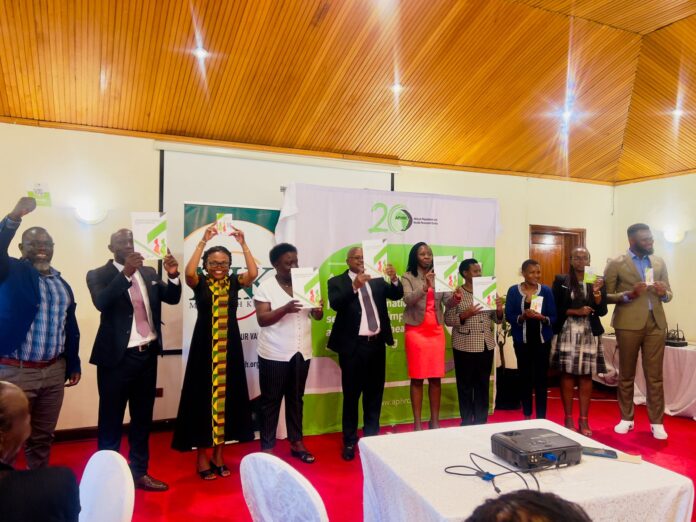By Lenah Bosibori
Nairobi, Kenya: A recent study conducted in Nairobi’s Korogocho informal settlement on the outskirts of Nairobi County has revealed alarming maternal health challenges faced by pregnant adolescents, highlighting the urgent need for attention and support in addressing this critical issue.
The study carried out by the African Population and Health Research Center (APHRC), Miss Koch Kenya, and the Directorate of Children’s Services, Nairobi County reveals that fear, shame, and stigma discouraged adolescent girls from seeking antenatal care during their early pregnancies.
Speaking in Nairobi on Monday during the report launch, Dr Carolyne Kabiru a researcher at APHRC, focusing on adolescent sexual and reproductive health said that Kenya has made strides in ensuring that young people have access to the right information and services but not enough.
“The big number of young girls who get pregnant do not have the right information and services needed to ensure that they can make healthy reproductive health choices,” said Kabiru.
According to Kabiru, there is a lot of pushback in educating young people about contraception and giving them comprehensive and accurate information at the right age and stage. She urged the need to give young people the right tools to make the right decisions.

“It is important that we think about young people, let us give them comprehensive sexuality education from a very young age, we have to broaden our thinking and teach our young ones, let us run away from this saying that is Western agenda,” adds Kabiru.
Kabiru noted that quite a number of girls are getting pregnant before the age of 18 due to various reasons ranging from poverty, some forced and others due to peer pressure.
She urged parents who fear talking about sexual reproductive health to their young ones to seek health professionals or get information on contraceptives from any governmental website or any university platform and also international organizations such as International Plans Parenthood, Marie Stopes as they are the trusted websites accurate information on various contraceptives methods
“It is important to encourage people to speak to a doctor or health provider because a contraceptive that works for your friend might not work for you and it is important to also have those open conversations and make sure health providers are aware of the need to speak to a whole range of people including very young people and to speak in an non-judgmental way,” added Kabiru.
The report further notes that adolescent girls reported mistreatment and abuse during childbirth, pointing to the need to create youth-friendly spaces within healthcare facilities and to train healthcare providers to offer non-judgmental and respectful care to adolescent mothers.
“Ensure that the young people can make the right decisions about sexual and reproductive health, have that open conversation, parents when you speak to your child do not dismiss them, encourage them and help them to make the right decision,” added Kabiru.
The study was conducted using a mixed-methods research approach, it delved into the lives of pregnant and parenting adolescents aged 10 to 19 years living in Korogocho interviewing 594 respondents both young mothers and fathers
The study’s aim was to understand the driving factors behind early pregnancy, the experiences of young mothers in healthcare facilities, the impact of adolescent childbearing on health and socioeconomic well-being, and how adolescent boys and girls navigate parenthood.
In addition to the findings, the study also revealed that 77 percent of adolescent pregnancies were unintended. “This evidence underscores the urgent need for comprehensive programs and policies aimed at addressing the multiple drivers of adolescent pregnancies, which include poverty, limited access to sexual and reproductive health information and services, and family-related factors,” read part of the study.
“As this study unveils a troubling narrative, it becomes increasingly evident that the pursuit of safe motherhood in such marginalized settings with obstacles jeopardizes the well-being of both young mothers and their unborn children. This expose of maternal health struggles in Korogocho shines a necessary spotlight on a silent crisis demanding urgent attention and action,” read part of the report.
Further, the study shows that, outside the health care system, adolescent mothers are also at risk for gender-based violence with nearly half reporting intimate partner violence. Urgent measures are therefore required to enhance access to support services and establish effective referral pathways for victims of gender-based violence.
Childcare was a major concern, as adolescent mothers struggled to take care of their babies while dealing with the demands of daily life. The study recommends the establishment of low-cost daycare centers and safe houses in Korogocho and encourages parents to support their adolescent children














